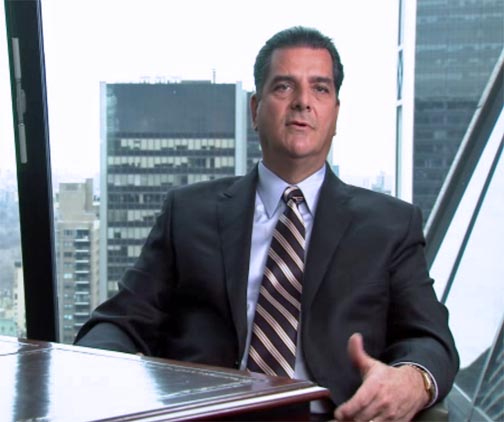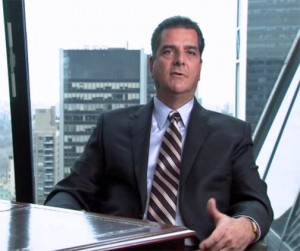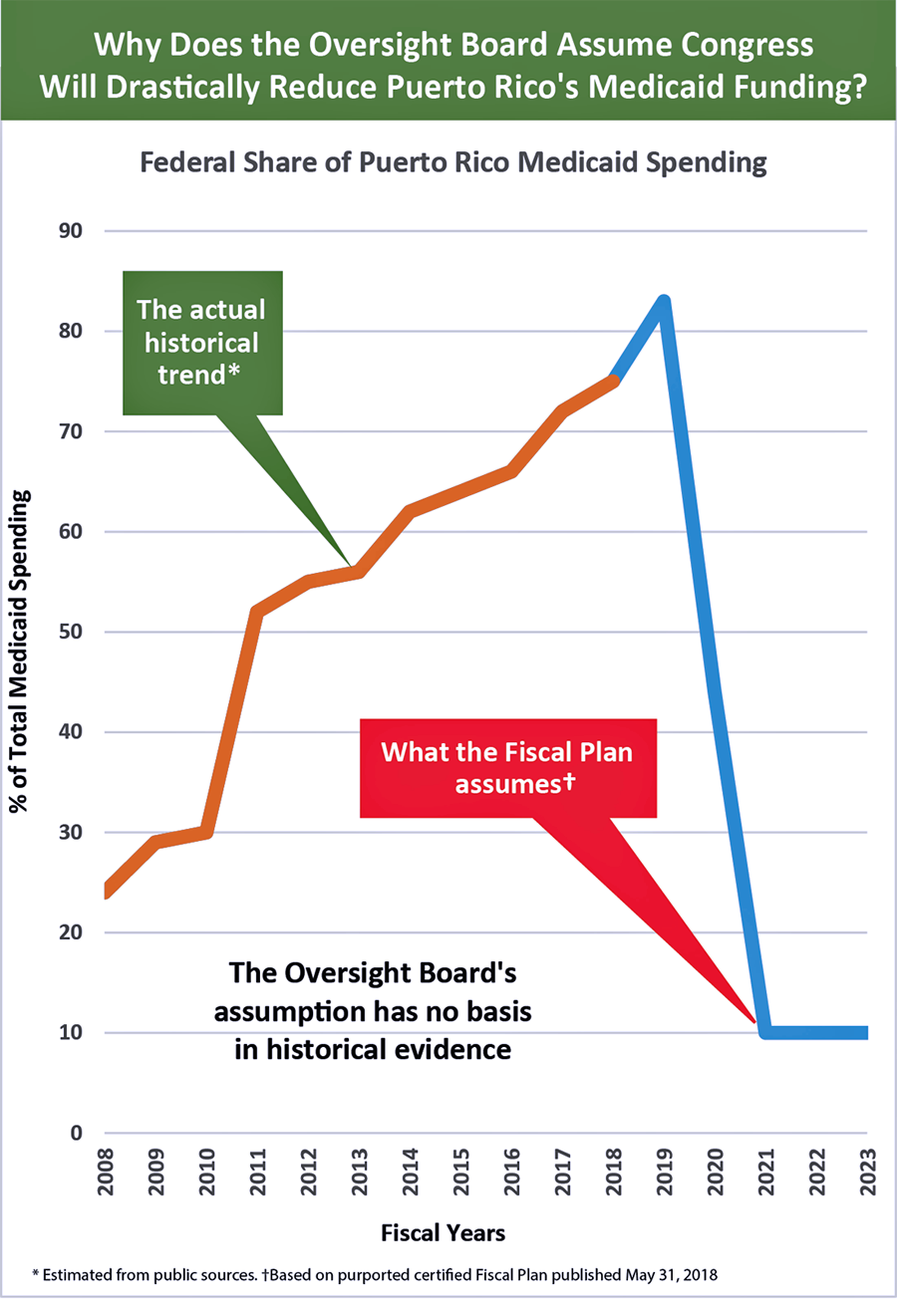Assured Guaranty: P.R.’s Revised Fiscal Plans ‘fiscally irresponsible’


Dominic Frederico
Reactions from the public and private sector poured in Thursday on the Revised Fiscal Plans for the government of Puerto Rico, the Puerto Rico Electric Power Authority and the Puerto Rico Aqueduct and Sewer Authority presented to the Financial Oversight and Management Board for Puerto Rico for certification.
Assured Guaranty Ltd., which insures PREPA bonds, stated “If the Oversight Board certifies, and Puerto Rico implements, the Revised Fiscal Plans as proposed, it would ensure that Puerto Rico will be distracted by years of costly litigation and will eliminate access to the traditional capital markets for the foreseeable future”
Meeting the Puerto Rico Oversight, Management and Economic Stability Act’s dual stated purpose of fiscal responsibility and restoration of the Commonwealth’s access to the capital markets has become even more critical in the aftermath of the hurricane damage in Puerto Rico, Assured stated.
“After Hurricane María, Assured Guaranty voluntarily withdrew its litigation challenging the legality of the original Commonwealth Fiscal Plan, to remove a possible distraction from the recovery effort, and because the plan would now be subject to revision,” the company stated.
“The withdrawal of this and other parties’ litigation following the hurricane created an opportunity for the Oversight Board and Puerto Rico government to reassess and chart a new course of action,” it added.
This should have facilitated new engagement between the Oversight Board, the Puerto Rico government, its creditors and its residents to work toward a comprehensive, consensual plan that would prevent years of costly litigation the Puerto Rican people can ill afford, it further noted.
“Sadly, Puerto Rico’s authorities have squandered a critical opportunity. We appreciate the significant time and effort that goes into the development of these plans, and welcome the scrutiny of operational and organization structures that have been put forth,” Assured stated.
“However, when the Oversight Board asked for revised plans in light of the hurricane damage, the government and Oversight Board should have taken the opportunity to reset the relationship with all stakeholders and produce plans that focus on recovery efforts and comply with the mandatory requirements of PROMESA, the Commonwealth Constitution, and the U.S. Constitution,” the company noted.
“Unfortunately, the Revised Fiscal Plans repeat and exacerbate flaws in the original plans,” said Dominic Frederico, President of Assured Guaranty. “Certifying such plans now would be a disservice to the American citizens of Puerto Rico, as the plans fail to focus on growing the economy and restructuring the government and its cost basis to improve efficiency and transparency. The Revised Fiscal Plans also fail to identify essential versus nonessential spending and ignore both creditors’ constitutional rights and contractual liens and covenants.
“The Oversight Board should prioritize using government resources to implement redevelopment measures focused on the immediate needs of the Puerto Rican people, many of whom remain without electric power more than four months after the hurricane, as well as following the requirements of PROMESA and abiding by the rule of law. The Revised Fiscal Plans as presented once again erode Puerto Rico’s credibility and undermine confidence in the Puerto Rico government to honor its obligations.
“If the Oversight Board certifies, and Puerto Rico implements, the Revised Fiscal Plans as proposed, it would ensure that Puerto Rico will be distracted by years of costly litigation and will eliminate access to the traditional capital markets for the foreseeable future,” Frederico said.
“But the consequences extend far beyond Puerto Rico to the entire U.S. public finance system. This disregard for creditors’ rights would shake, on a nationwide basis, investors’ confidence in the enforceability of their contracts, the rule of law and public officials’ willingness to abide by the commitments they have made. In doing so, they will make it more expensive for municipalities throughout the United States to fund essential services and infrastructure for their taxpayers,” he said.
Collaboration on developing a fiscally sound strategy that involves all stakeholders, especially those with constitutional rights and contractual liens, and that prioritizes a detailed and substantiated reconstruction plan, would be a far better solution than certifying a non-collaborative five-year plan in which no one can have confidence because its assumptions and development are secretive, he said.
“This is a government that has been unable to produce audited financial reports for fiscal years 2015, 2016 and 2017 and continues to evade current financial transparency. Nevertheless, they ask investors to accept a complete rejection of their legal rights based on unsubstantiated long-term assessments of the economic impact of the hurricane, and draconian guesses on out-migration,” Assured stated.
The Revised Fiscal Plans are fiscally irresponsible, and ensure a continued lack of access to the traditional capital markets, Assured said
“Rather than force Puerto Rico to spend hundreds of millions more in litigation, advisory and Oversight Board costs for years to come, we once again urge the Commonwealth Government and Oversight Board to meaningfully engage with creditors for the benefit of Puerto Rico,” it concluded.
Congress, Moody’s weigh in
Congressman Rob Bishop, who has been involved with Puerto Rico’s fiscal issues and played a part in drafting PROMESA, which became Public Law 114-187 on June 30, 2016, said the plans are “a first step in Puerto Rico’s future recovery, of which the privatization of PREPA will be a key component.”
“However, the transformation of PREPA and the recovery of the island will not occur overnight, and cannot be done behind closed doors,” he said.
“It is imperative the Oversight Board and governor fully integrate those who hold the debt into the development of these plans, thereby guaranteeing accuracy and transparency in the underlying assumptions,” Bishop added.
“After all, the Board’s stated goal under PROMESA is to return Puerto Rico to fiscal accountability and the capital markets, and this can only occur if the fiscal plans respect the lawful priorities and liens of debt holders,” he said.
“My committee will be following the development of these plans intently to ensure financial stability and success return to the island,” he said.
Meanwhile, Ted Hampton, vice president & senior credit officer at Moody’s Investors Service noted that the Commonwealth’s fiscal plan “suggests a minimal long-term debt repayment capacity, and it incorporates additional population and economic base deterioration following Hurricane María.”
“But the five-year plan won’t dictate specific bondholder recoveries. Those will likely emerge after judicial proceedings or negotiations, and would be determined by economic projections and relative strengths of bondholder claims,” he said.









